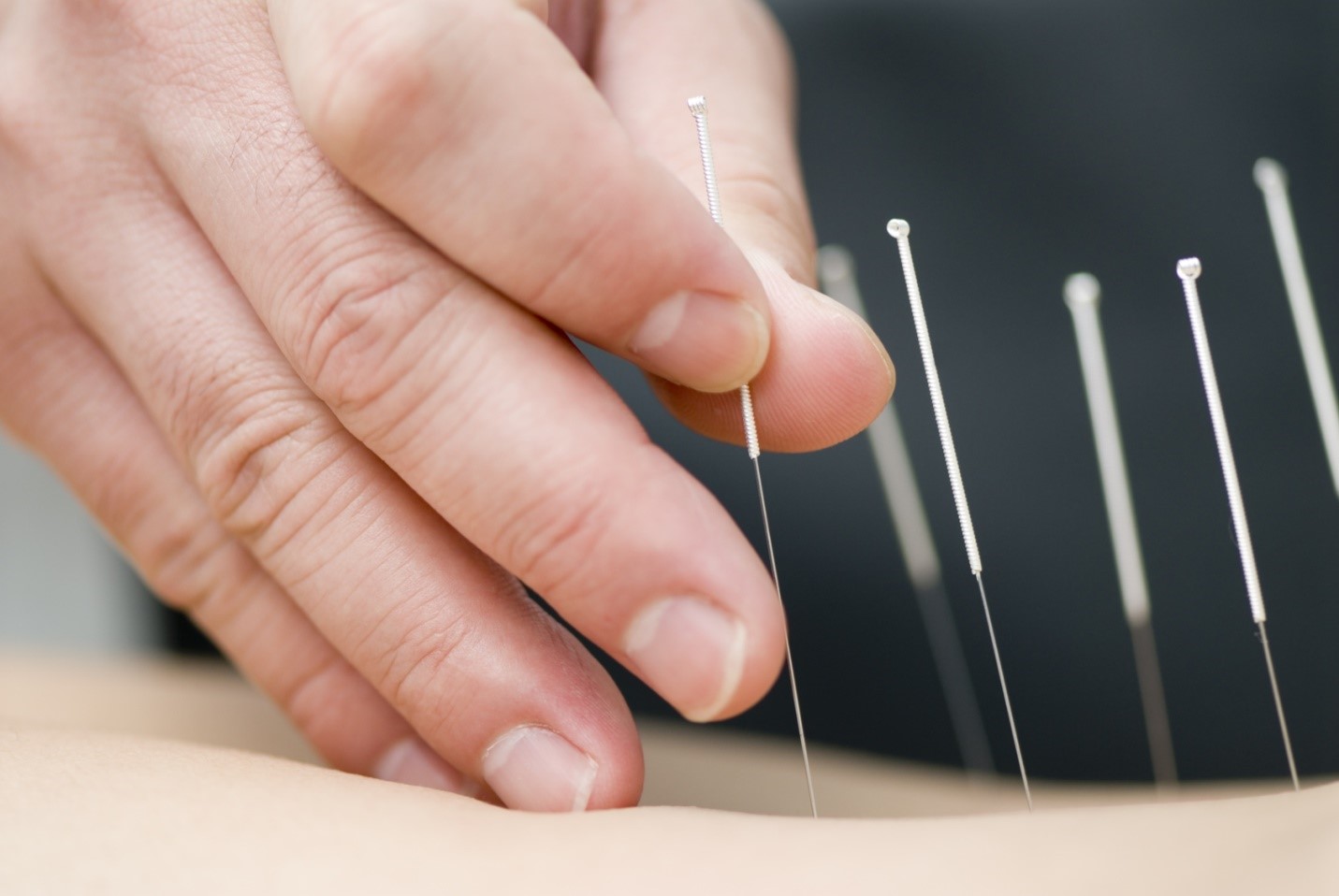Do you have a back pain, neck pain or any other musculoskeletal problem? Are you suffering from nausea, anxiety or depression, and you’ve tried quite a few medications? Or, perhaps you’ve been dealing with insomnia or infertility issue. Well, if you’ve tried oral medications and none of them worked for you, then you should try an effective alternative medication called Acupuncture.
Acupuncture is Chinese invention and it has a proven history that stretches back to thousands of years, 3,000 years to be precise. There are signs of this technique being practiced in Europe several hundred years ago. But not until twentieth century did the technique spread rapidly across the United States, Canada and Europe. Today, this alternative medicine technique has been quite popular in the west. If you live near Whitby, you can get access to Family Wellness Accupunture Clinic Whitby where they offer other services as well, such as massage therapy and chiropractic care.
Western Concept of Acupuncture
In Western societies and several other parts of the world, acupuncture is explained including concepts of neuroscience. Acupuncture points are seen by Western practitioners as places where nerves, muscles and connective tissue can be stimulated. Acupuncture practitioners say that the stimulation increases blood flow while at the same time triggering the activity of our own body’s natural painkillers.
Treatment
Acupuncture generally involves several weekly or fortnightly treatments. Most courses consist of up to 12 sessions. A visit to an acupuncturist will involve an exam and an assessment of the patient’s condition, the insertion of needles, and advice on self-care. Most sessions last about 30 minutes.
As each needle is inserted the patient should feel them, but initially without pain. However, when the needle reaches the right depth there should be a deep aching sensation. Sometimes the needles are heated or stimulated with electricity after insertion. Once inserted, the needles will remain there for about twenty minutes.
Effectiveness of Acupuncture
- According to WHO (World Health Organization) acupuncture is effective for treating 28 conditions, while evidence indicates it may have an effective therapeutic value for many more.
- People with tension headaches and/or migraines may find acupuncture to be very effective in alleviating their symptoms, according to a study carried out at the Technical University of Munich, Germany.
- Another study at The University of Texas M. D. Anderson Cancer Center found that twice weekly acupuncture treatments relieve debilitating symptoms of xerostomia – severe dry mouth – among patients treated with radiation for head and neck cancer.
Benefits and Risks
The possible benefits of acupuncture are:
- When performed correctly it is safe
- There are very few side effects
- It is a very effective combination treatment
- It is effective in controlling some types of pain
- It may be considered for patients who do not respond to pain medications
- It is a useful alternative for patients who do not want to take pain medications.
The possible risks of acupuncture are:
- It is dangerous if the patient has a bleeding disorder
- It the dangerous if the patient is taking blood thinners
- There may be bleeding, bruising and soreness at the insertion sites
- The needle may break and damage an internal organ (very rare)
- Unsterilized needles may infect the patient
- When inserted deeply into the chest or upper back there is a risk of collapsed lung (very rare).

